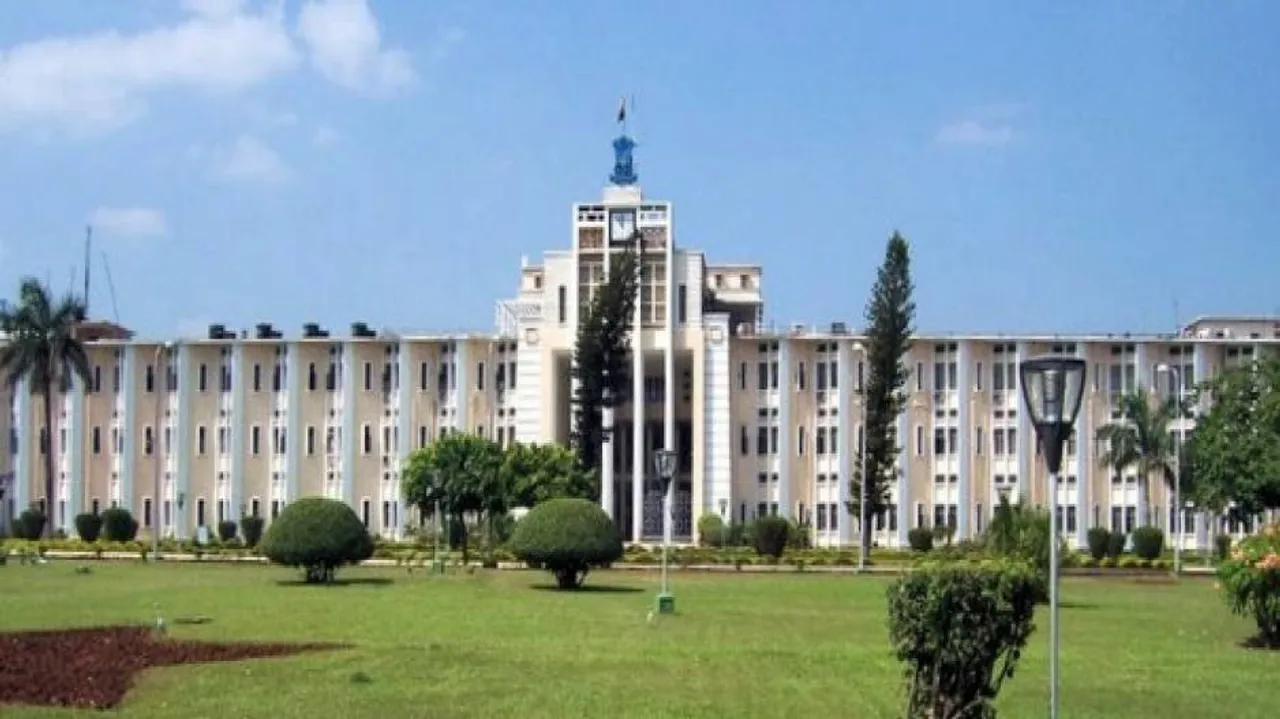In heartbreaking news for music lovers across India, popular singer Zubeen Garg, best known for his chartbuster Ya Ali from the film Gangster (2006), died in a scuba diving accident in Singapore on Friday. He was 52 years old.
The news of Garg’s tragic death was confirmed by Assam Cabinet Minister Ashok Singhal, who took to social media to pay tribute.
“Deeply saddened by the untimely demise of our beloved Zubeen Garg. Assam has lost not just a voice, but a heartbeat. Zubeen da was more than a singer, he was the pride of Assam and the nation, whose songs carried our culture, our emotions, and our spirit to every corner of the world,” Singhal posted on X (formerly Twitter).
Assam and India Mourn a Cultural Icon
Minister Singhal further said:
“In his music, generations found joy, solace, and identity. His passing leaves behind a void that can never be filled. Assam has lost its dearest son, and India has lost one of its finest cultural icons. My heartfelt condolences to his family, friends, and countless fans. May his soul find eternal peace, and may his legacy continue to inspire forever. Om Shanti.”
Across Assam, the news sparked shock and grief, with fans gathering outside Garg’s Guwahati residence. Cultural organisations, musicians, and political leaders also expressed their sorrow, remembering him as the voice of modern Assam who bridged regional music with mainstream Indian cinema.
A Voice That Defined Generations
Born in Tinsukia, Assam, Zubeen Garg began his career in the early 1990s and quickly rose to prominence with his Assamese albums, becoming a household name in the Northeast. His versatility as a singer, composer, and actor earned him admiration not only in Assam but across the nation.
His big break on the national stage came with Ya Ali in 2006, a song that topped charts for months and cemented his place in Bollywood. Over his career, Garg lent his voice to thousands of songs in Assamese, Hindi, Bengali, Tamil, Telugu, Nepali, and other languages.
Apart from playback singing, he was also known for independent music, live performances, and films, making him one of the most celebrated cultural figures of the Northeast.
Tributes Pour In
Fans, colleagues, and leaders took to social media to express their grief. Singer Papon, who often credited Garg as a mentor, wrote: “Zubeen da was a guiding light for all of us. Today, Assam has lost its soul. I have lost a brother.”
Chief Minister of Assam Himanta Biswa Sarma also condoled his passing, calling him a “true ambassador of Assam’s culture on the global stage.”
Legacy of Zubeen Garg
-
Over three decades in the music industry.
-
Thousands of songs recorded in multiple languages.
-
Acted in Assamese films and promoted regional cinema.
-
A youth icon, philanthropist, and outspoken voice on social issues in Assam.
Zubeen Garg is survived by his wife, Garg’s longtime partner Garima Saikia Garg, and extended family. His body will be brought back to Assam, where the state government is expected to organise a state funeral in Guwahati.
Conclusion
Zubeen Garg’s sudden passing marks the end of an era for Assamese music and Indian cinema. His songs will remain etched in the memories of millions, from the soulful Ya Ali to countless regional hits that defined cultural pride.
As Assam mourns its “dearest son”, India remembers an artist who gave voice to love, struggle, and identity, leaving behind a legacy that will inspire generations.










